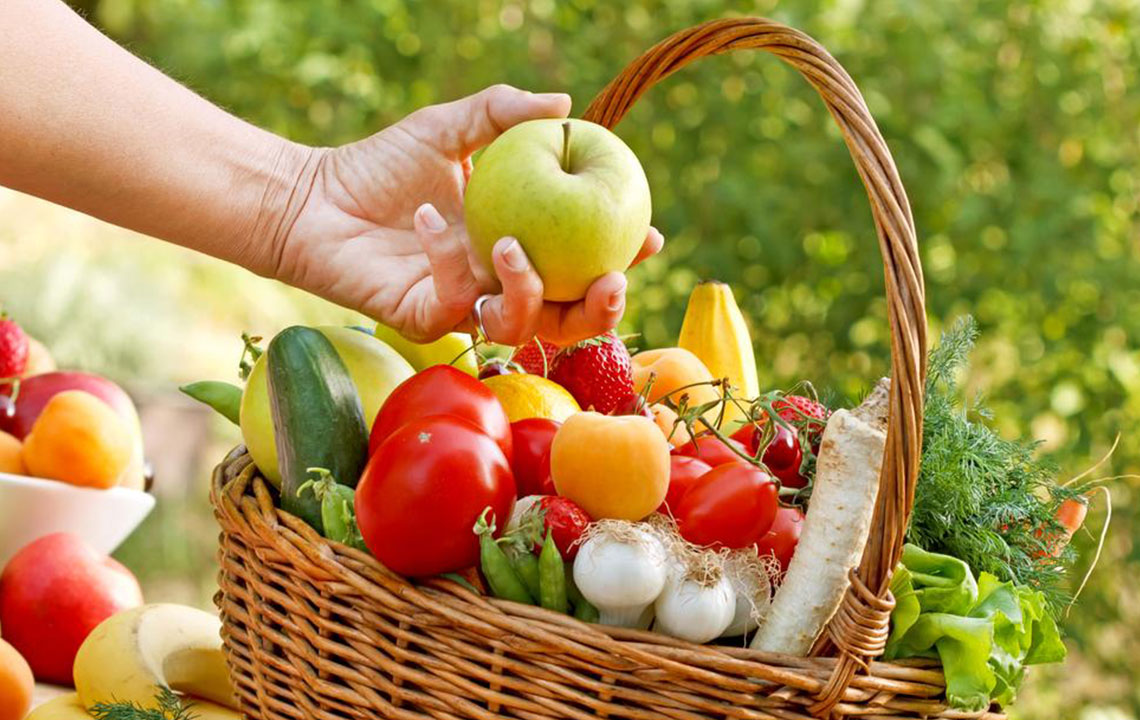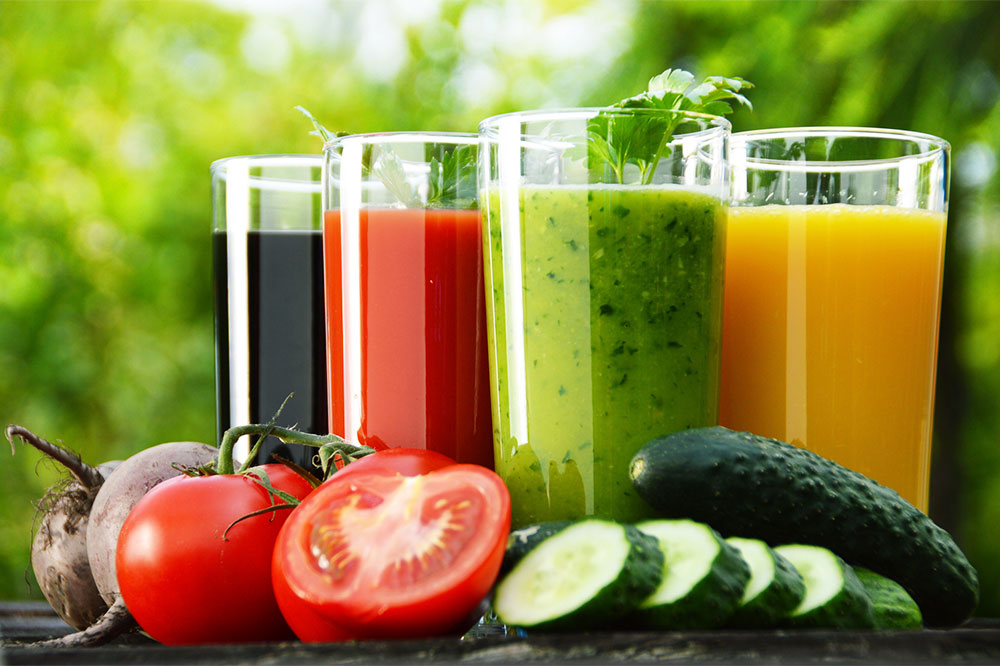Effective Strategies to Prevent and Manage Diverticulitis
Learn effective ways to prevent and treat diverticulitis with proper diet and lifestyle changes. This guide covers the importance of high-fiber foods, symptom management, and when to seek medical help to ensure quick recovery and reduce recurrence risk.

Strategies for Preventing and Managing Diverticulitis
As people age, tiny pouches called diverticula can form along the lining of the intestines. When these pouches become inflamed or infected, it results in diverticulitis, which causes severe pain, nausea, bloating, vomiting, fever, diarrhea, and sometimes constipation. Some individuals experience symptoms, while others remain asymptomatic. Experts suggest that low-fiber diets contribute to diverticulitis, explaining its higher prevalence in Western countries compared to high-fiber regions like Africa and Asia.
This condition is usually treatable with antibiotics and dietary adjustments. In severe cases, surgery might be necessary. It’s advisable to consult a healthcare professional for a tailored diet plan, especially during flare-ups. Initially, a liquid diet including water, broths, gelatin, and fruit juices is recommended, gradually reintroducing low-fiber foods before returning to regular high-fiber options. Incorporating more fiber-rich foods such as whole grains, beans, fruits, cooked vegetables, and dairy helps prevent constipation and reduce symptoms.
Consuming adequate fiber adds bulk to stool, easing its passage through the colon and lowering digestive pressure. Women under 50 should aim for 25 grams of fiber daily, while men of the same age should target 38 grams. Older adults should aim for slightly lower fiber intake: women 21 grams, men 30 grams daily. Choose whole grain options and include high-fiber foods like pasta, cereals, beans, fruits without seeds or skins, cooked vegetables, and dairy. To prevent constipation, drinking plenty of water and sometimes taking fiber supplements like psyllium is beneficial.
Monitor symptoms closely; improvement should occur within 2-3 days of proper treatment. Seek medical attention if symptoms worsen, if you develop a fever, intense abdominal pain, or can’t keep fluids down, as these might indicate complications requiring urgent care. Recent studies show nuts and seeds are safe for diverticulitis patients since they contain beneficial fiber. Avoiding processed foods and maintaining a high-fiber diet post-recovery supports overall digestive health and reduces future episodes.
Disclaimer:
Our articles provide valuable insights across various topics based on research and data, but they are not a substitute for professional medical advice. Always consult a healthcare professional for diagnosis and personalized treatment plans. The information on this site may not cover all current treatments or offers, and we disclaim responsibility for inaccuracies or missed opportunities for beneficial schemes.









